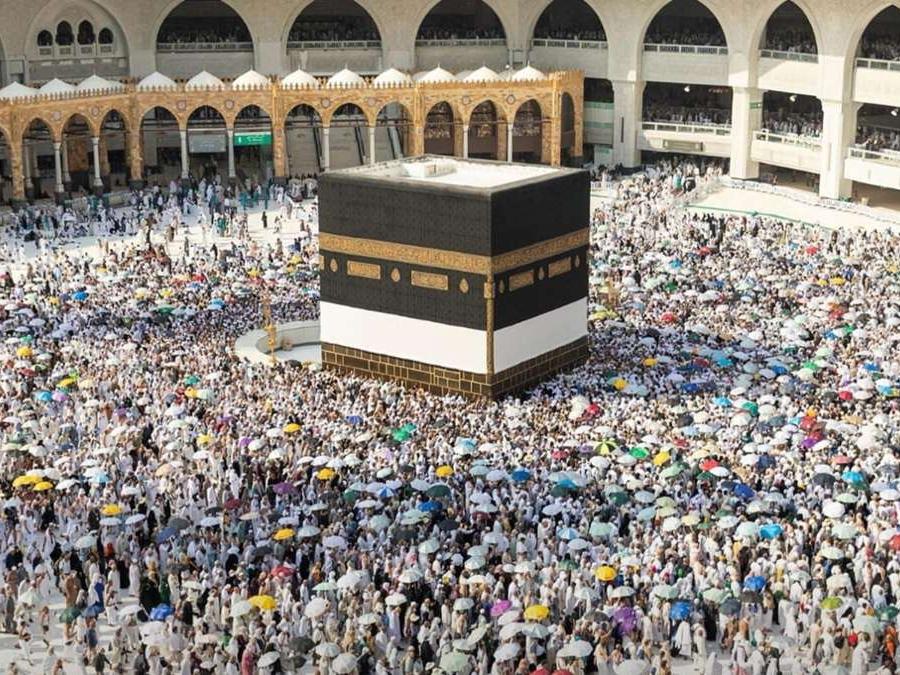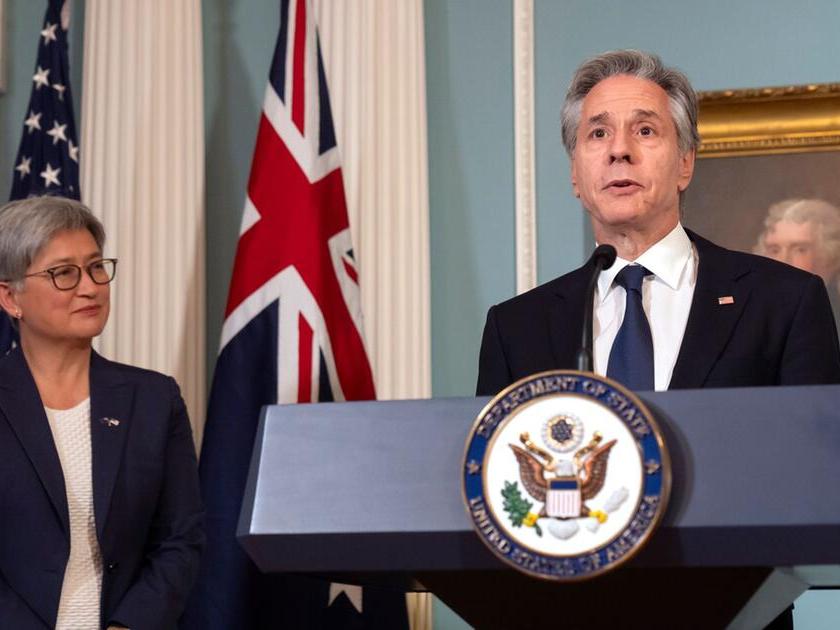The annual Hajj pilgrimage in Mecca, Saudi Arabia, has been marred by a devastating heatwave, with the death toll now exceeding 1,000 pilgrims, as reported by multiple sources including AFP and local authorities. The majority of the victims are Egyptian nationals, with reports indicating that many were unregistered and thus lacked access to essential services like air-conditioned facilities and medical care. The extreme temperatures, reaching a peak of 51.8°C, have led to widespread cases of heat exhaustion and heatstroke, overwhelming medical facilities and ambulance services. The Saudi national meteorological center confirmed the record-breaking temperatures, which have been felt across the region. Despite efforts by Saudi authorities to clear unregistered pilgrims from Mecca and issue warnings about the heat, the scale of the tragedy has been unprecedented. The impact of climate change is evident, with scientists warning that rising temperatures pose a growing threat to the safety of the pilgrimage, which is one of the five pillars of Islam and a mandatory religious duty for all able-bodied Muslims who can afford it. The international community and religious leaders have expressed deep concern over the incident, with calls for action to prevent such tragedies in the future. As the pilgrimage concludes, the focus turns to providing support to the victims’ families and developing strategies to cope with the challenges posed by extreme weather conditions during such large-scale religious events.
Key points
- Over 1,000 pilgrims have died in a severe heatwave during the Hajj pilgrimage in Mecca.
- Majority of victims are unregistered Egyptian nationals, lacking access to air-conditioned facilities and medical services.
- Record temperatures reaching 51.
- Climate change poses a growing threat to the safety of Hajj pilgrims.
8°C have led to cases of heat exhaustion and heatstroke.



